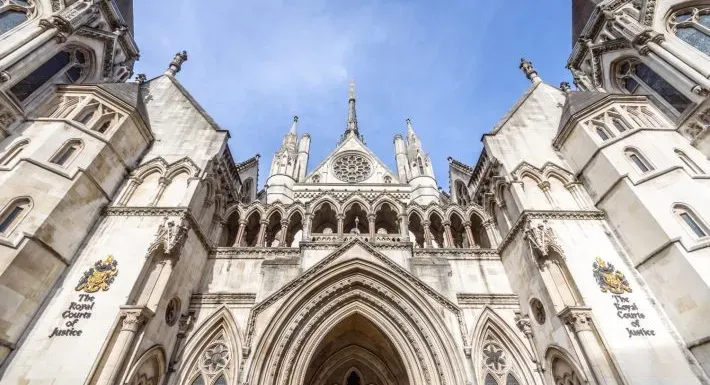UK Law body defines cryptocurrency according to news reports. The United Kingdom Jurisdiction Taskforce of the Lawtech Delivery Panel published a short paper on the definition of cryptocurrency and the legal framework that can be used to regulate them. The paper explores how current laws are adequate to regulate cryptocurrencies and virtual entities. They have provided frameworks for application of existing laws to cryptocurrency.
In May 2019, the UK Jurisdiction Taskforce issued its Consultation Paper on the status of cryptoassets, distributed ledger technology and smart contracts in English. The paper noted that the well-developed common law system of England and Wales was able to adapt to deal with such fast-changing technologies and was well positioned to provide a sound legal foundation for their development.
In his foreword, the Chancellor of the High Court, Sir Geoffrey Vos, commented that perceived legal uncertainty was the reason for some lack of confidence amongst market participants and investors. Accordingly, they had been asked by the Taskforce to consider a number of legal questions concerning those areas of perceived uncertainty, and to provide our conclusions in this Legal Statement. The great advantage of the English common law system is its inherent flexibility.
Rather than depending on the often cumbersome, time-consuming and inflexible process of legislative intervention, judges are able to apply and adapt by analogy existing principles to new situations as they arise. In commerce, the law is there to support and fulfil reasonable expectations. It is “endlessly creative … a living law, built on what has gone before, but open to constant renewal”. Time and again over the years the common law has accommodated technological and business innovations, including many which, although now commonplace, were at the time no less novel and disruptive than those with which we are now concerned. In no circumstances therefore are there simply no legal rules which apply.
This Legal Statement is not a treatise or an academic paper; they have not set out to give a detailed explanation of the law of property or contract. Its purpose is to answer the questions they were asked and to state briefly their reasons in a form accessible to non-lawyers as well as lawyers. They focus on those aspects of cryptoassets and smart contracts that are potentially novel and distinctive and discuss the extent to which they consider that general legal principles apply. UK Law body defines Cryptocurrency based on these parameters.
From the report
Cryptoassets as property.
The first group of questions we have been asked concerns the legal status of cryptoassets and, in particular, whether the law treats them as property. We approach those questions following a brief discussion of the general nature of cryptoassets and of property.
Whether English law would treat a particular cryptoasset as property ultimately depends on the nature of the asset, the rules of the system in which it exists, and the purpose for which the question is asked. In general, however:
(a) cryptoassets have all of the indicia of property;
(b) the novel or distinctive features possessed by some cryptoassets—intangibility, cryptographic authentication, use of a distributed transaction ledger, decentralisation, rule by consensus—do not disqualify them from being property;
(c) nor are cryptoassets disqualified from being property as pure information, or because they might not be classifiable either as things in possession or as things in action;
(d) cryptoassets are therefore to be treated in principle as property.



